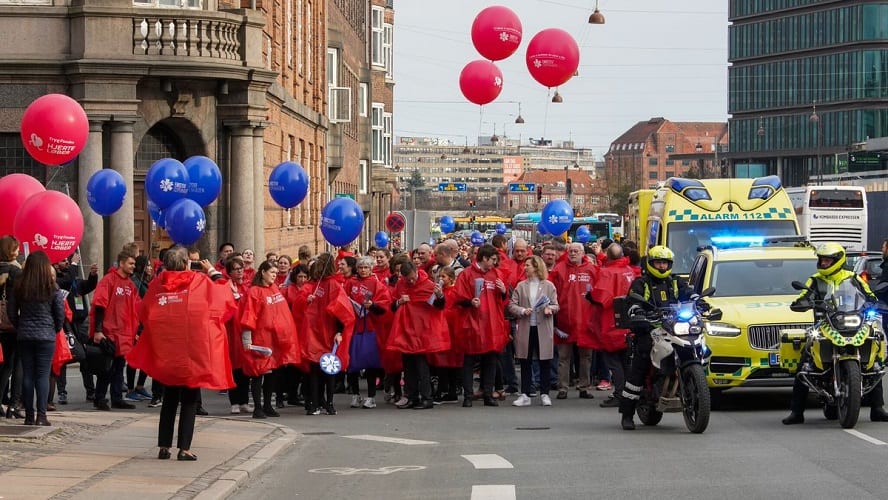Effective management of acute pain in children by Emergency Medical Services

The latest in a series of articles from Greg Whitley’s doctoral studies was published in August 2020 in the Journal of Child Health, ‘The predictors, barriers and facilitators to effective management of acute pain in children by emergency medical services: Continue reading Effective management of acute pain in children by Emergency Medical Services




